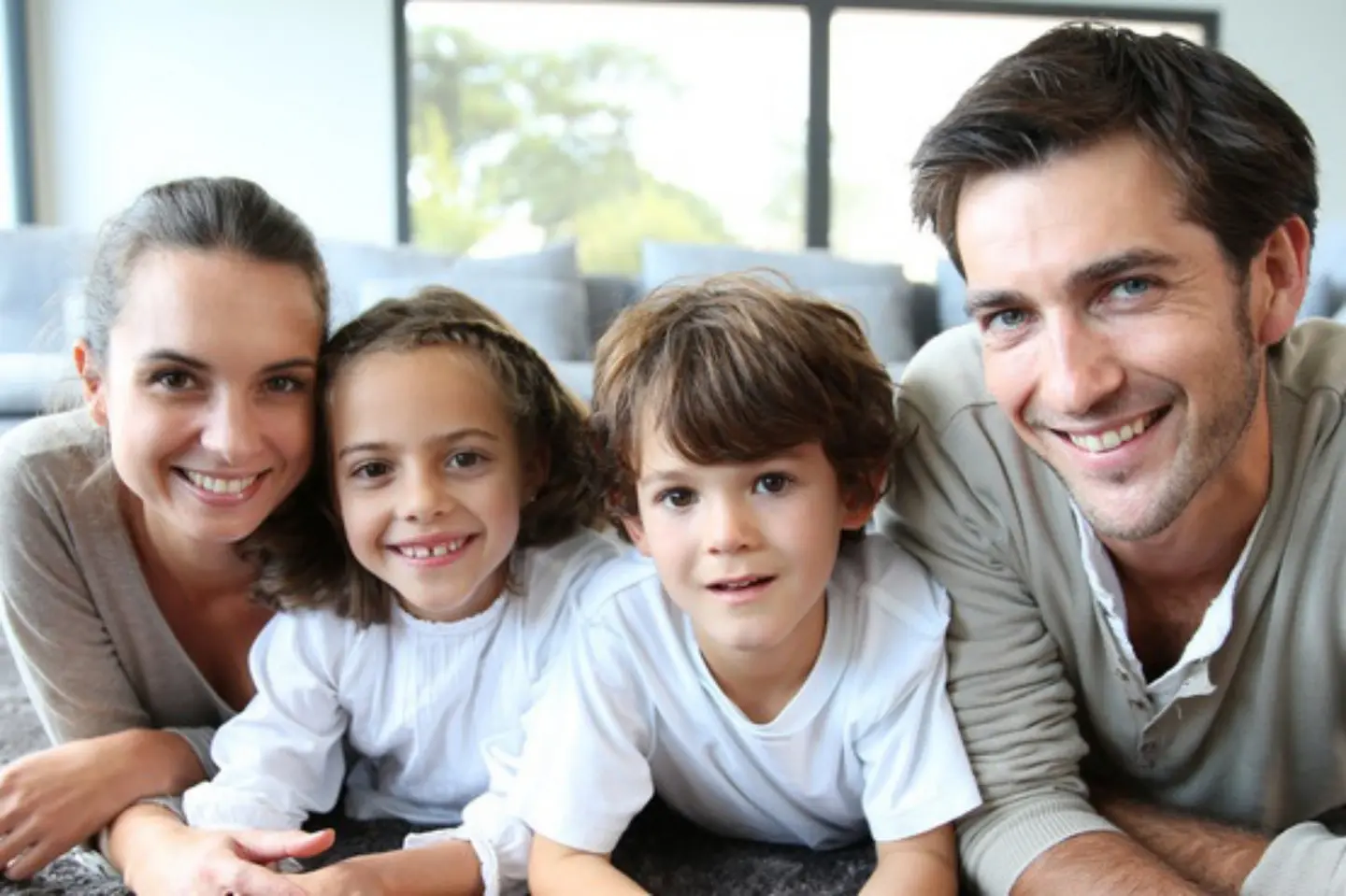Abortions
It has been shown that abortion is not just a matter for the parents and that it does not directly affect the children. It also has an effect on the other children.
Therefore, these children, consciously or unconsciously, have great fear of their mother. Mothers experience a great power, the power over life and death. They give life to the children, nourish and protect them. They are completely in the service of life. Women experience this as a great strength and power.
This sometimes tempts them to think that they have power over death too. That they are not only in the service of life, but that they can behave as if they had power over life and death. This is particularly evident in abortion.
Of course the fathers are also involved, but not in the same way as women. As a result, not only the children, but also the men are often afraid of the women, with far-reaching consequences.
Now back to abortion. I had thought that abortion could not be put on the same level as murder. That it would not have the same consequences as a murder. But it has been shown that abortion has similar consequences to murder. That is why the first thing is that the woman and, of course, the man, even if he was in favor of abortion, must admit that they have murdered the child. That seems very harsh. But I have seen, when in a constellation the mother says to the aborted child: "I murdered you", that suddenly everyone feels better. Nothing is embellished anymore. Only when this is acknowledged and also felt in the soul, there is a solution, a certain solution.
The first consequence of abortion is that the relationship with the man is usually over. It is no longer the same as before. With the child the man is also aborted. If both consent, they abort their relationship with the child.
Then the need for balance is active. The woman above all, but very often the man, atones for the abortion with death. They have the idea that they should die, not that they always do. That is why the mother is drawn to the aborted children. If she resists, a child does it for her. Then a child is pulled towards death.
There's something else connected to abortion. With abortion the woman and the man lose something of their soul. And the woman loses something of her body, like when a limb is amputated. She is now searching for her lost soul and for the lost part of her body. That is why she is also drawn to the children towards death.
There is no solution to this within the Family Constellation. We see this and can only say, "That's how it is."
But now there is also something beyond Family Constellation, another level. Can someone really kill another person? Do we really have power over another person's life? Does the mother really have power over the life of her children? Is that how they are removed, so to speak? Are they gone?
Nothing can be gone. There is a greater power over life and death. In this power the children are saved, also the aborted children. They're still present.
Now the woman can entrust these children to this greater power.


